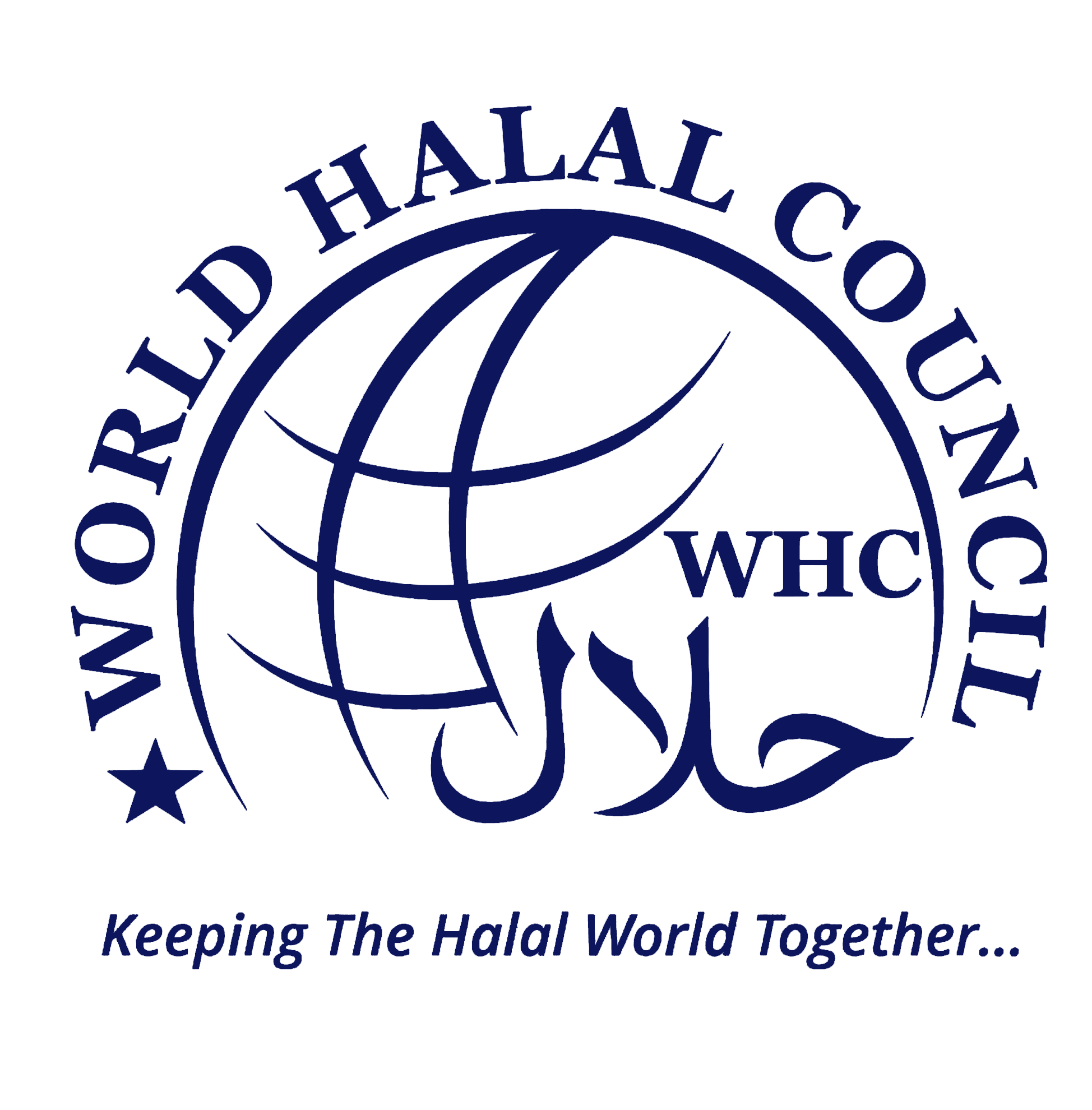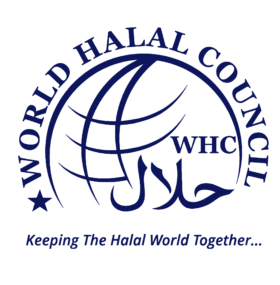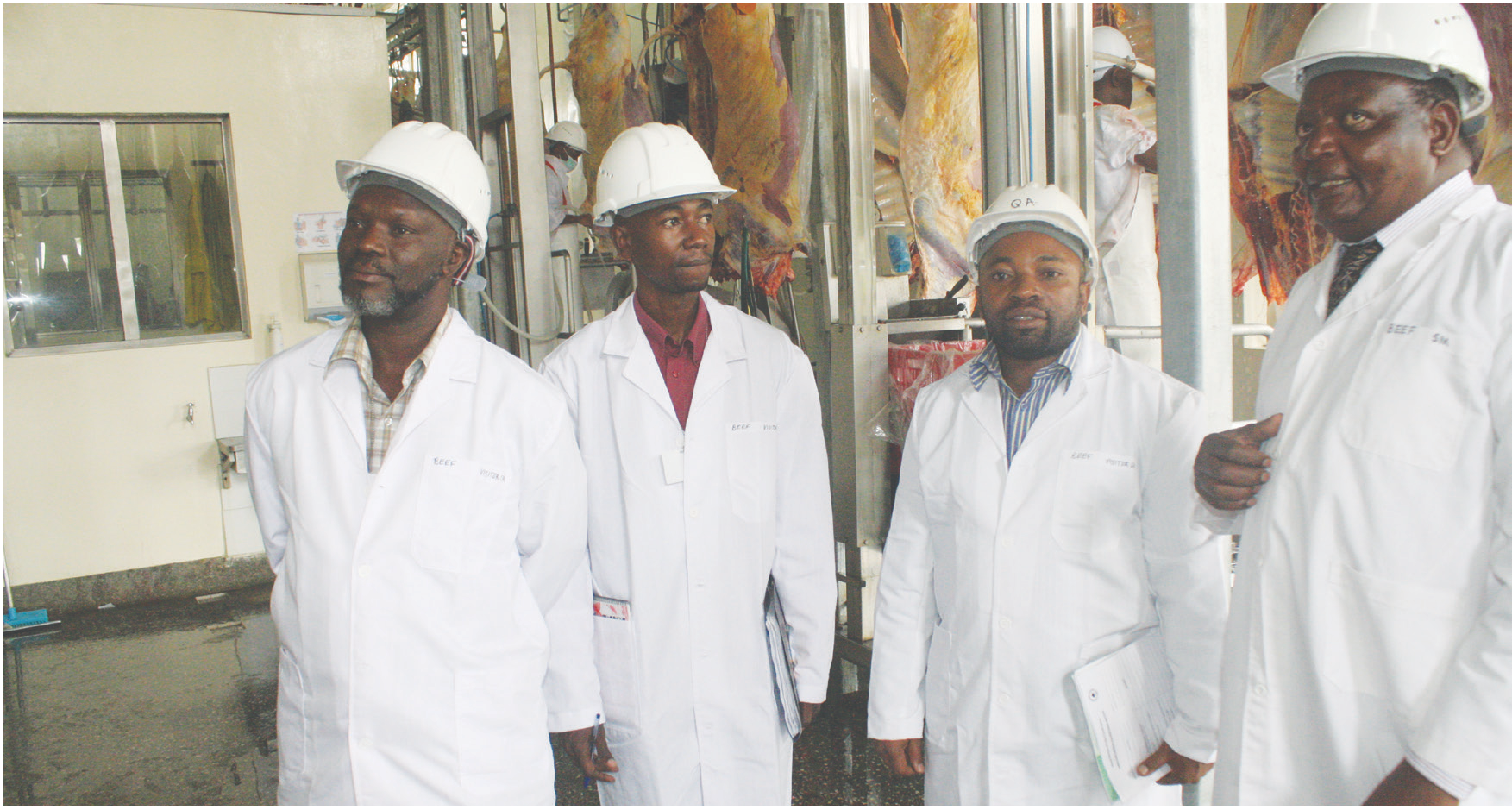AKNOWLEDGEMENT
BARAZA KUU would like to acknowledge the assistance of several individuals in facilitating the idea of visiting in Turkey and so in preparing this paper as par discussed with Brothers in Istanbul.
We are indebted to those who supported us making the Trip to Turkey for attending EXCO of World Halal Council (WHC). Special thanks should go to Turkish Ambassador in Tanzania; Mr. Ali Davutoglu, Dr. Muh. Huseyin K. Buyuközer, Bro. Zafer Gedikli and Bro. Murat Sayın of GIMDES.
For making this paper readable, we would like also to heartedly thank our Directors; Bro. Hassan Mluve (Planning, Economy and Finance), and Bro. Idd Suleiman Kikong’ona (Education and Training).
Maulana Ramadhan Sanze
SECRETARY GENERAL
I.INTRODUCTION
Geographically, Tanzania is located in East Africa in between longitude 29 and 41 East and latitude 1 and 12 South of Sahara Desert. It became independent in 1961 as Tanganyika and united with Zanzibar in 1964 to form the now known United Republic of Tanzania (URT). It is a peaceful nation among the poorest Country in Africa (GDP 6.2 in 2006/7) . Its poverty is not because of shortage of resources, but due to relatively lack of education and so global exposures in science and technologies.
Despite its virtual believed poverty, Tanzania is actually among the richest resourceful country in the world. It has all types of Weathers; Cold on Highland Regions (Mbeya, Iringa, Lushoto and Arusha) and Warm in Coastal Regions (Dar es Salaam, Pwani, and Zanzibar). Other Potential resources are such as large fertile land, different types of Minerals (Others are found only in Tanzania; like Tanzanite). The Country is boarded with Indian Ocean in East and Lake Victoria in East – West, Lake Tanganyika in West and Lake Nyasa in South. Kilimanjaro is the Highest Mountain in Africa; it is in Northern part of Tanzania. Others are such as Udizungwa, Uruguru, Usambaa, and Meru. Also, it has National Parks with different types of Animals, Reptiles, Amphibians and Birds especially at famous area of beautiful wildlife like; Mikumi, Serengeti, Ngorongoro, Katavi, to mention the few.
Demographically, the Country has more than 45 Million People of
120 tribes in 24 Regions with Muslims Majority (63%). The Muslim
population is at large extent found in private economic sectors as self-
employed who are scarcely supported with the government. It can
be seen in government official directory 2011 that Muslims are not
more 18% in Educational centers and institutions like; Universities,
Central Governmental employees and in other social services
provisions However, in Healthy Sector, Apart from Dispensaries,
Tanzania has 30 Regional Hospitals and 10 Referral Hospitals whereby
Christians own 70% meanwhile Muslim has no single Hospital. In
such environments, is not only Halal concept cannot work properly
but also Muslim Community becomes inferior.
Politically, Muslims being the majority voters who form capital base that empowers political aspirant candidates from their respective political parties to assume power in various decision-making posts, they are marginally represented in those posts which in turn subjugate their civil status to what as became to be known as the second class citizens in the country. Such a community essentially needs supports to nourish its individuals with professional minds through capacity building in Social- Economic effective Programs and Projects. We strong believe that, God willing, this will gradually elevate Muslim community from the pity.
II.EXECUTIVE SUMMARY
Making the community changing is not a mere saying but struggling. It was in 1992 that Muslims in Tanzania decided to strengthen their efforts for development by establishing the Supreme Council of Islamic Organizations and Institutions (BARAZA KUU) for making their organizational efforts to be coordinated and directed on the required Strategic areas for social development.
In last 5 years in its first two decades (1992 – 2012), BARAZA KUU made marvelous managed to establish network with 100 office branches in all 25 Regions, created social economic Programs and Projects, pulling Muslims together for unity and power.
There are some challenges that face BARAZA KUU in its efforts, but the most crucial one is in answering the question on ‘how possibly and positively to make Muslims aware and vigorously to identify and responding in developmental interventions that available in their Community’
To tackle these challenges, BARAZA KUU is seeking support through Scholarships for Capacity Building to its Youngblood as much as possible to confront the aforesaid question practically. BARAZA KUU has so far Five Programs that have more than 25 Projects in various areas of Social Economical interventions. According to urgency of the needs, the support could be effective if the following areas would be considered:
Social Development Skills, Mass Communication, Graphics Design and Publishing, Languages and Interpretation/Translation, Web Design and Development, Tourism Skills And Hotel Management, Halal Professionals / Experts, Islamic Finance & Takaful, Zakkat, Sadaqat And Waqfu, and Farming: Bee Honey Keeping. Information Technology and software development specialists (with regard to financial banking software)
The studies are extra important because; they are very strategic for making, in the nearest future, Muslims independent as so becoming vibrant in decision-making on their developmental Programs and Projects. Hitherto, the assistance is vital needed now as to intervene the existing plan for better functioning in one hand and so tackling the domination of Christians Lobby in the other hand.


